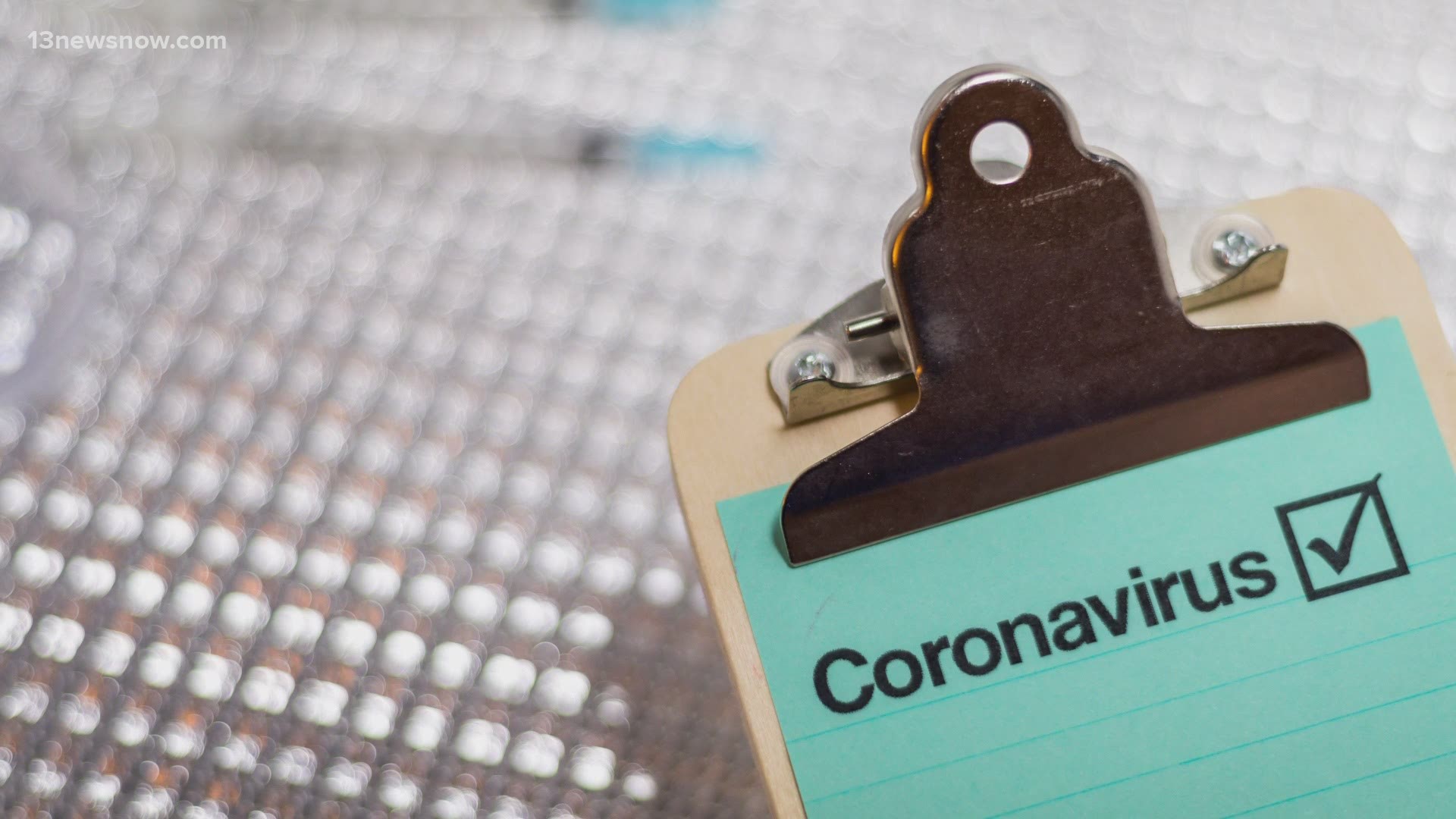VIRGINIA BEACH, Va. — White House physician Sean Conley said President Donald Trump is reporting no symptoms from COVID-19. Just last Friday, the President tweeted about testing positive for coronavirus. That’s less than a week between the two points in time.
Now many are wondering what the timeline for a coronavirus case is.
According to University of Virginia Doctor Patrick Jackson, a timeline for someone infected with coronavirus can change from person to person.
He said, “it’s widely variable,” but officials at the Centers for Disease Control report you’re likely not contagious after it’s been at least 10 days since the onset of symptoms.
So, is the President still contagious?
“In terms of how long he’s contagious, that certainly depends on some issues that I don’t know about, like what his other medical problems might be and how long he was symptomatic,” said Jackson.
Still, Jackson said risk factors, like age, make a difference.
“If he were my patient, we would be keeping a very close eye on things and I would say that he’s not out of the woods yet,” said Jackson. “But you hope that his condition continues to improve but certainly a potential for rapid worsening is there.”
In addition, he said a person’s health with coronavirus can switch on a dime.
“With COVID-19, rapid changes have been something we’ve seen in a way that we really wouldn’t have expected with other respiratory viruses,” he said.
That's what Governor Ralph Northam said he experienced. He went several days symptom-free. Then a little less than two weeks afterward, it changed.
On Monday, Northam posted a video saying, "Over the weekend, I developed some mild cold-like symptoms, lost my sense of smell."
Overall, Jackson said anyone’s coronavirus timeline depends on the person honestly reporting how they feel.
“You know, if you happen to have a major debate coming up or large rally, you may also have some reasons to minimize symptoms,” said Jackson.

